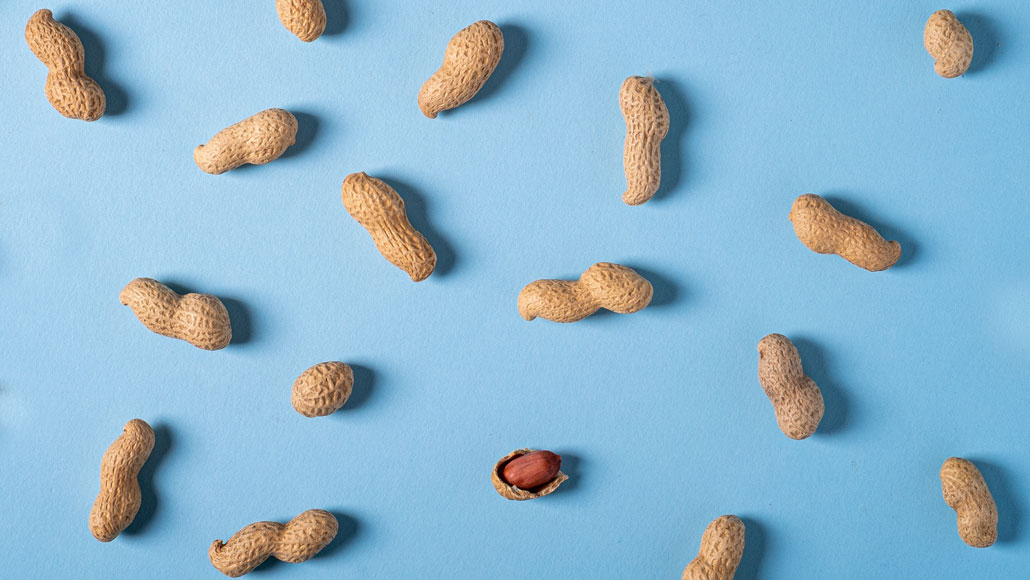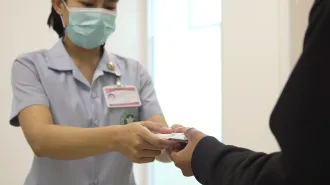The FDA has approved the first drug to treat peanut allergies
A new drug called Palforzia could help curb dangerous allergic reactions in kids

A newly approved drug offers gradually increasing amounts of peanut protein to children and teenagers to ease peanut allergies.
Frostroomhead/iStock/Getty Images Plus







